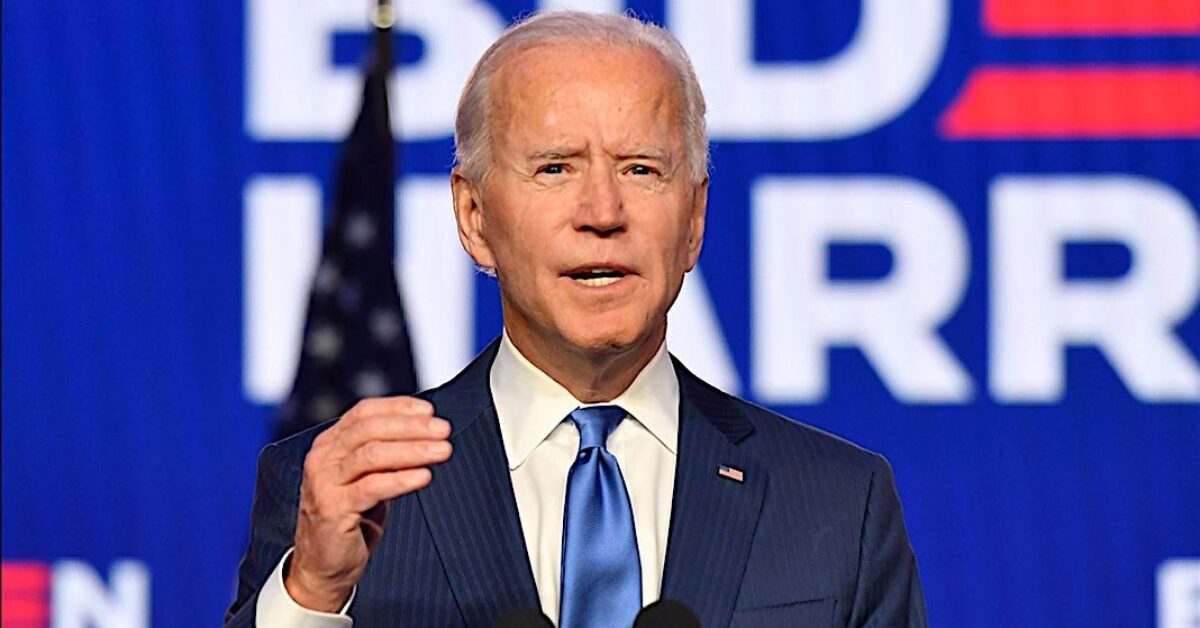The sigh of relief is practically audible in all western embassies – at the very least, at the Quai d’Orsay. On Saturday, Emmanuel Macron didn’t wait long to congratulate Joe Biden and Kamala Harris on their victory, and profess a wish for better days: “We have a lot to do to overcome today’s challenges. Let’s work together!” The election of Joe Biden as the 46th president of the United States should herald a change in political style that many people are calling for. But will transatlantic relations, which have deteriorated over the last four years, really improve?
From the point of view of human relations, yes, assures Benjamin Haddad, director of the think tank Atlantic Council. “Joe Biden will want to put alliances back at the forefront of foreign relations, because they are, in his view, one of the main strengths of the United States. It is also his personality, that of a warm-hearted man, who believes that in politics you have to have friends,” he said.
“America first was America alone.”
Rhetoric counts in foreign policy. The future president will play a very different game from Trump’s showboating of power and provocation on the international stage. “Joe Biden’s foreign policy should be more professional and based on multilateral institutions like the UN. The diplomatic commitment of a Biden administration will be stronger than Donald Trump’s ‘America First’, which was mostly an ‘America alone’ policy,” explains Judge Gerard Araud, French Ambassador to the United States from 2014 to 2019. The United States will therefore rejoin the Paris Agreement, and relaunch discussions on the Iranian nuclear agreement, whose door was slammed shut by the United States, and Iran in response.
But, paradoxically, what was Donald Trump’s priority – international trade relations – should see much less change. France and Europe should have no illusions, warns Gérard Araud. “Free trade will no longer be a priority, it was the prerogative of the Republicans, but it is protectionism that now dominates in the United States,” says the former ambassador.
American disengagement will continue
So Joe Biden’s bonhomie should not be viewed as indicative of a complete strategic change at the international level. “The Americans are going to pursue a path of disengagement from the field, and want Europe to take charge of its own security. In addition, they will put pressure on the Old Continent to be their ally in negotiations with China,” says Haddad. Nevertheless, the European context is also an opportunity for France: as Britain finalizes Brexit and Angela Merkel enters her last year in office, Emmanuel Macron could be a choice ally in Europe for Joe Biden.
Finally, there remains the question of the GAFA tax (Google, Apple, Facebook, Amazon), which is due to kick in in France next December. The United States initially responded by threatening France with customs duties on its cosmetics and leather goods starting on January 1, 2021. The Biden administration could seek a multilateral agreement on the subject, within the framework of discussions underway at the OECD, in order to play to the influential progressive wing of the Democratic Party, that of Elizabeth Warren. Don’t underestimate the influence of these American mastodons in Congress and in the executive branch, especially Vice President Kamala Harris, the former California senator.






